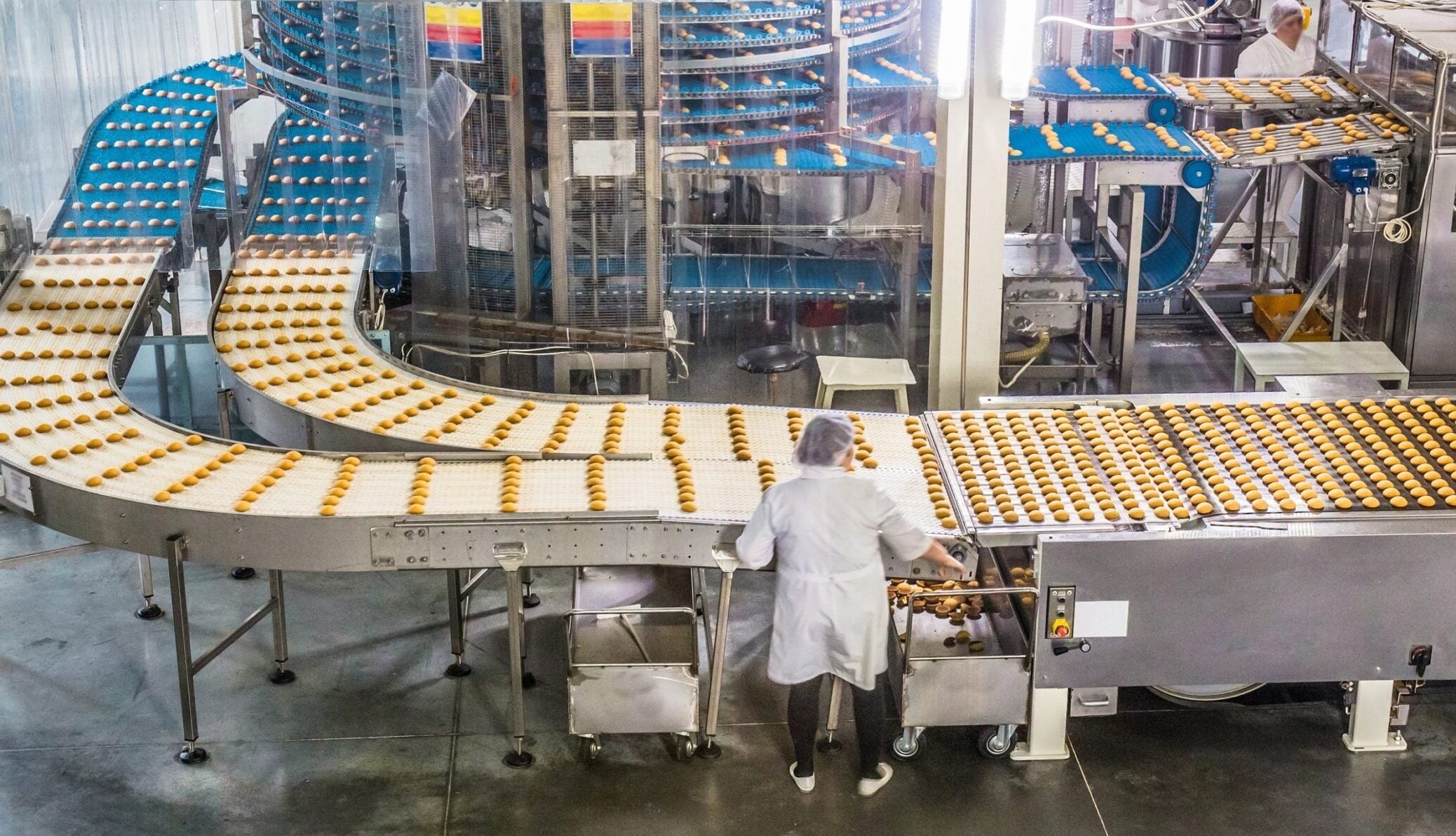Trick Considerations for Selecting Your Food Manufacturing Partner in Australia
The food sector in Australia is a dynamic landscape, with private-label products obtaining favor for their branding opportunities and one-upmanship. When starting a private-label food venture, choosing the appropriate contract food manufacturing companion is important. In this extensive overview, we will discover the important aspects to consider prior to picking contract food manufacturers in Australia.
Private-label products supply sellers one-of-a-kind branding opportunities, making the option of a manufacturing partner crucial. In Australia, renowned for its culinary diversity and also rigorous top quality standards, a successful collaboration with a contract food maker rests on several vital considerations.
1. Quality Control and Conformity
The cornerstone of any private-label endeavor is uncompromising top quality. Prior to picking a contract food supplier, it is imperative to examine their commitment to sticking to sector policies as well as top quality requirements. In Australia, the food sector is tightly controlled to ensure food safety and product honesty. manufacturers ought to hold qualifications such as Risk Analysis and Essential Control Factors (HACCP) to show their devotion to best techniques in food production.
2. Know-how as well as Field of expertise
Different contract food manufacturers possess differing areas of competence and field of expertise. Depending upon your product classification, locating a supplier experienced in creating similar items is important. Whether it's bakery products, sauces, treats, or drinks, partnering food contract manufacturer - wholesalefoodgroup.com.au with a producer acquainted with your picked product group's ins and outs can substantially boost the final result.
3. Modification as well as Adaptability
Private-label items thrive on uniqueness and differentiation. When choosing a contract food supplier, consider their willingness as well as capability to customize items according to your brand's specs. The ability to fine-tune active ingredients, flavors, packaging, and also labeling can be a game-changer in creating a product that stands apart on the market.
4. Production Ability and Scalability

As your private-label food product gains grip, its demand may raise. Teaming up with a contract food supplier equipped to handle your growing needs is vital. Reviewing the producer's manufacturing capability and scalability makes certain a seamless change from small-batch production to larger quantities without endangering high quality.
5. Clear Interaction
Clear and also clear communication is pivotal to an effective collaboration. An ideal contract food producer ought to be receptive, happy to receive input, and proactively interact production progress. Successful discussion warranties good understanding and timely resolution of any kind of prospective troubles.
6. Product Development Assistance
The trip from principle to market-ready item can be intricate. Going with a contract food manufacturer that supplies item growth assistance can simplify this process. manufacturers who give understandings into market fads, suggest component improvements, and also assist refine recipes can substantially expedite your item's time to market.
7. Top quality of Contents as well as Sourcing
The high quality of active ingredients made use of in your private-label foodstuff straight affects its preference, appearance, and total appeal. In Australia, customers are significantly conscious of the resource and top quality of ingredients. Partnering with a contract food manufacturer that focuses on sourcing high-quality, in your area sourced active ingredients can contribute to the success of your private-label brand.
8. Expense Considerations
While high quality is extremely important, cost factors to consider can not be disregarded. Assess the manufacturing expenses, consisting of manufacturing, packaging, as well as labeling, to ensure the final product aligns with your spending plan. It is necessary to balance top quality as well as affordability to use value to your clients while keeping healthy profit margins.
9. Reputation and also References
Research the contract food producer's credibility within the market and seek references from their current or past clients. On-line testimonials, testimonies, and straight interactions with other brand names they have actually partnered with can give beneficial understandings into their reliability, professionalism, and general efficiency.
10. Sustainability Campaigns
With expanding ecological recognition, consumers are progressively drawn to brand names that focus on sustainability. Choosing a contract food producer with sustainable techniques, such as green product packaging choices and waste reduction efforts, aligns with existing market patterns and also shows positively on your brand name's photo.

Frequently asked questions
Q1. What is contract food manufacturing?
Contract food manufacturing entails contracting out the manufacturing of food to a specialized supplier. These manufacturers produce food based on the specs as well as requirements of a brand or firm, enabling private-label branding.
Q2. Just how do I guarantee food security in contract food manufacturing?
To guarantee food safety, pick a contract food supplier in Australia with accreditations like HACCP (Hazard Analysis as well as Critical Control Points). Furthermore, regularly examine their facilities and also procedures for compliance with food safety and security regulations.
Q3. Can contract food manufacturers help with product development?
Yes, numerous contract food manufacturers supply product advancement support. They can give insights right into market fads, suggest component renovations, as well as assist in dish improvement.
Q4. What is the value of sustainability in contract food manufacturing?
Sustainability is essential in contract food manufacturing as it aligns with consumer choices as well as mirrors positively on your brand's picture. manufacturers with sustainable practices contribute to decreasing the environmental impact of food manufacturing.
Verdict
